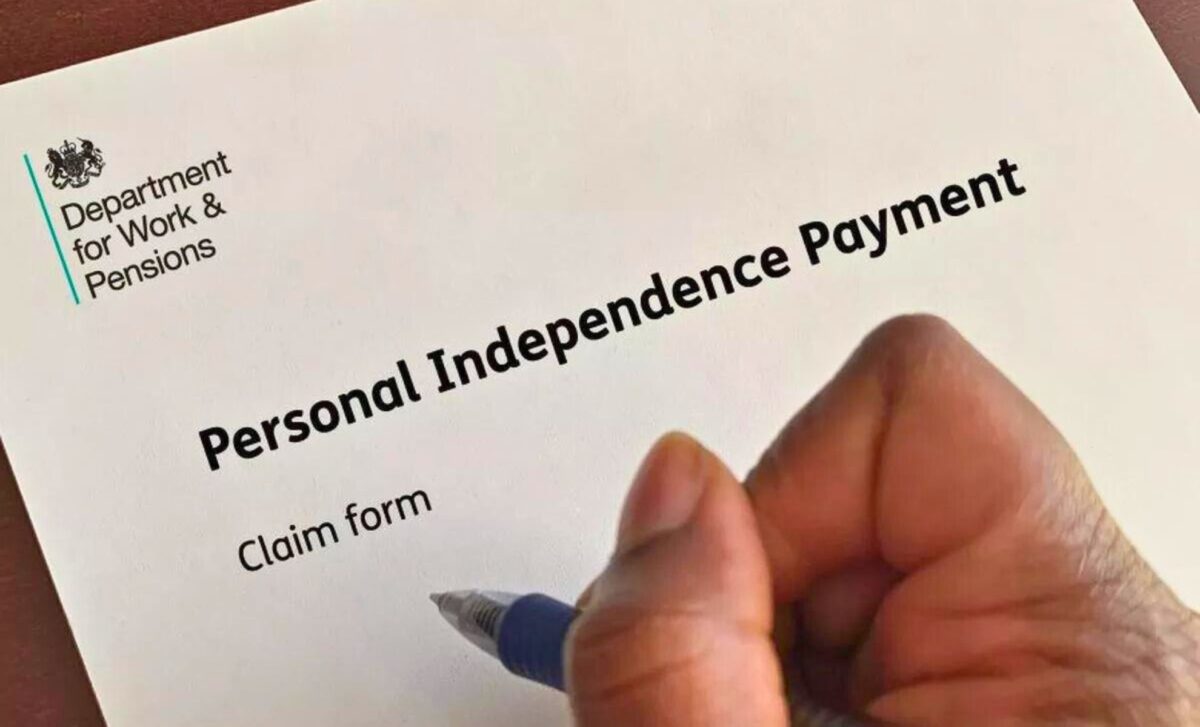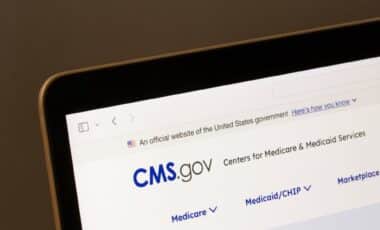Over three million disabled people across the UK face the risk of losing their crucial monthly payments under the new governmental reforms targeting the benefit system.
PIP Reform Sparks Backlash: Shift from Cash Payments to One-off Grants
The new PIP reforms could put an end to cash payments and offer beneficiaries one-off grants for things like home adjustments instead.
The disability charity scope described the process as “reckless assault on disabled people.”
PIP is a non-means tested benefit offered to working-age individuals with to assist them with additional living costs related to their health conditions or disabilities.
The amount people are given depends on the difficulties they face while performing everyday tasks and moving around. The maximum weekly payment is £184.30.
The money can be used for things including, clothing, special diets, additional laundry or cleaning products as well as paying for transportation fees to get to health care centres.
The number of new monthly beneficiaries in England and Wales, where the main condition was depression and anxiety, has surged from an average of 2,200 back in 2019 to 5,300 per month in 2023.
According to the government, spending on PIP was anticipated to climb by 52% from 2023/2024 to £32 billion by 2027/28.
PIP Beneficiary Perspective on Mental Health Support
Paul Harris, a claimant from Barnard Castle, gets £72.65 per month in PIP payments to assist with additional payments related to his anxiety and depression, including counselling once NHS support was cut, as well as specialist therapy applications.
He quit his property manager job in 2016 after experiencing severe panic attacks that made him burst into tears in the office and forced him to lock himself in the bathroom.
He has not been capable of working ever since, and asserts that PIP is the “last stronghold” of benefits that can help him.
Mr. Harris declares: “I used to call myself zero, because I had zero money coming in. I had no job…so in a weird way, just a little bit of money coming in just sort of changed those thoughts.”
He does benefit from employment and support allowance, but is not allowed to claim jobseekers’ allowance because he states that his mental health condition holds him from applying for jobs despite previously asking for support from the Jobcentre.
He emphasizes that the money he gets “does not solve the problems”, adding, “it’s not a miracle cure, it doesn’t mean we can go off on holidays and live this frivolous lifestyle.”
Mr. Harris does not believe that the long term support given to those with mental health issues is sufficient.
“Some people might be able to do a few sessions of CBT, [cognitive behavioural therapy]… but when it comes to serious levels [of mental health] it would be like saying to a cancer patient you’ve only got 10 sessions of chemotherapy and then that’s your lot”.
Reforming the Benefit System: Perspectives on PIP Consultation and Welfare Changes
The suggestions that come in a form of a twelve-week consultation include changing the eligibility criteria for PIP.
Other options revolve around one-off grants for significant expenditures including home adaptations or expensive equipment, reimbursing claimants who can provide receipts for purchases of aids, services, or appliances.
They are also contemplating whether individuals with long-term illnesses and disabilities would need all that assessment.
James Taylor, executive director of strategy at disability equality charity Scope, stated the consultation doesn’t fix the underlying problems.
He said, “It’s hard to have any faith that this consultation is about anything other than cutting the benefits bill, no matter the impact”.
This comes after Prime Minister Rishi Sunak promised to strip GPs of their power to sign people off work as part of his programme to tackle what he refers to as “sick note culture”.
Work and Pensions Secretary Mel Stride stated, “We’re making the biggest welfare reforms in a generation – protecting those most in need while supporting thousands into work as we modernise our benefit system to reflect the changing health landscape.”









